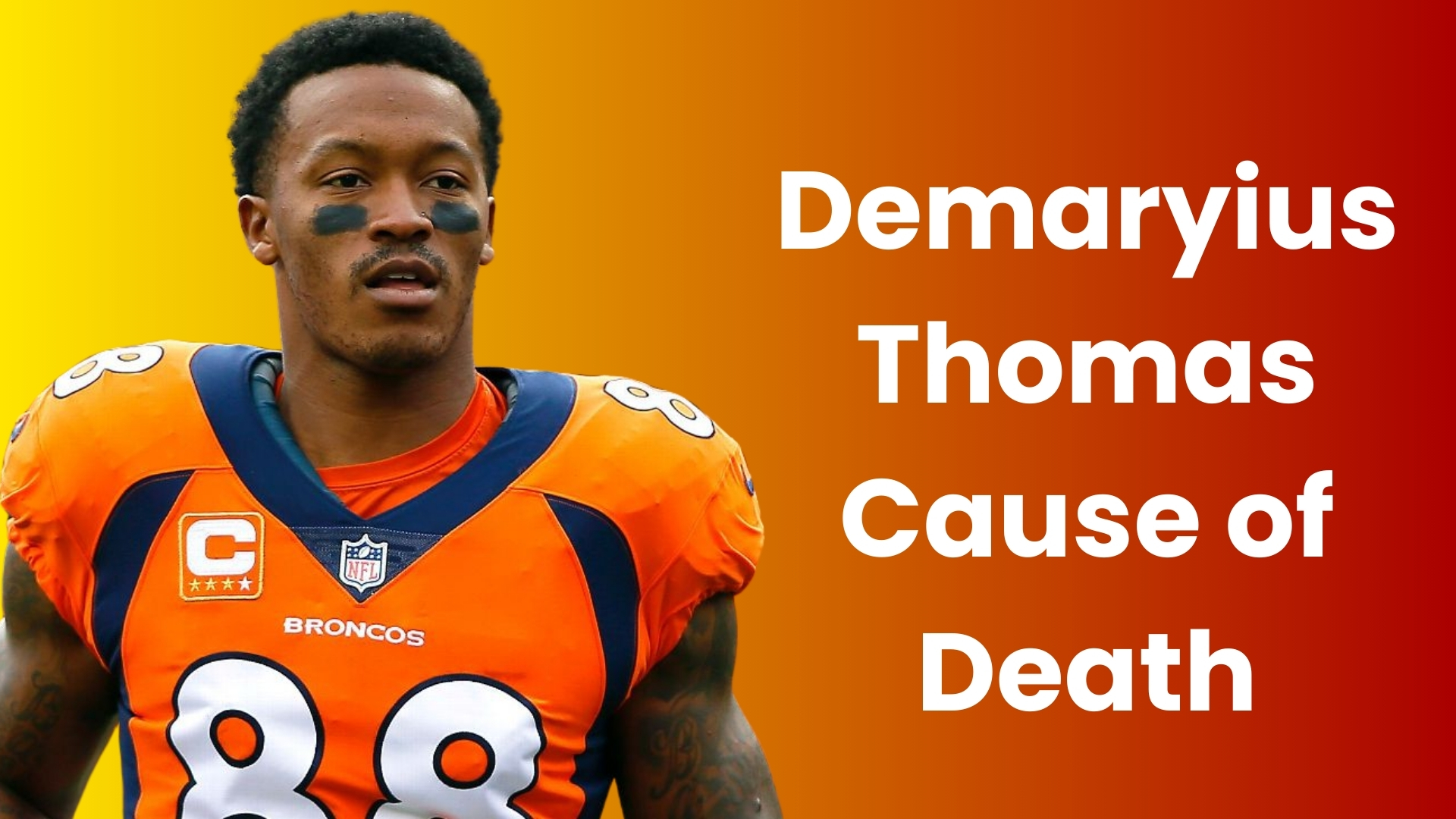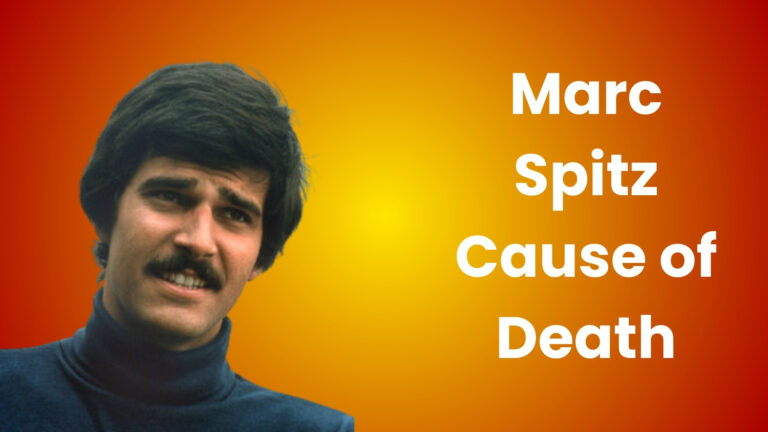Demaryius Thomas Cause of Death

Demaryius Thomas, a former NFL wide receiver, tragically passed away on December 9, 2021, at the age of 33. His sudden death shocked the sports world, as he had been in good health prior to his passing. Known for his explosive plays on the field and his contributions to the Denver Broncos’ Super Bowl 50 victory, Thomas was widely regarded as one of the most talented and beloved players of his era. However, questions surrounding the cause of his death lingered. In this article, we explore the details of Thomas’s life, career, and the circumstances surrounding his untimely passing.
Early Life and NFL Career
Birth and Upbringing
Demaryius Thomas was born on December 25, 1987, in Montrose, Georgia. Raised in a family with a history of adversity, Thomas’s childhood was far from easy. His mother, Katina Smith, served time in prison for drug-related charges, and his grandmother, whom he was close to, became a significant influence on his early life.
Despite the challenges, Thomas’s athletic talent shone through. He played multiple sports in high school, excelling at football, where his size, speed, and catching ability caught the attention of college scouts. He went on to play for Georgia Tech, where he set several school records and was eventually drafted by the Denver Broncos in the first round of the 2010 NFL Draft.
Rise to NFL Stardom
Thomas made an immediate impact in the NFL with the Broncos. He quickly became a standout wide receiver and was known for his powerful, physical playing style. His most memorable moment came during the 2011 NFL playoffs when he caught an 80-yard touchdown pass from quarterback Tim Tebow, sending the Broncos to a dramatic win over the Pittsburgh Steelers. Thomas’s career reached its peak in 2015 when he helped lead the Broncos to victory in Super Bowl 50, catching a touchdown pass in the game.
Throughout his career, Thomas played for the Denver Broncos, Houston Texans, and New York Jets, amassing over 9,000 receiving yards and 60 touchdowns. He was known for his combination of size, strength, and speed, making him a force to be reckoned with on the field.
The Circumstances Leading to Demaryius Thomas’s Death
Demaryius Thomas’s unexpected death at the age of 33 raised numerous questions about his health. On December 9, 2021, he was found unresponsive in his home in Roswell, Georgia. Authorities later confirmed his death, and an investigation was launched into the cause.
At the time of his passing, Thomas had reportedly been dealing with health issues, but nothing that indicated his life was in immediate danger. Friends, family, and former teammates expressed shock, as Thomas had seemed to be in good health, considering his recent involvement in charity events and appearances.
Official Cause of Death
The official cause of Demaryius Thomas’s death was revealed in June 2022. An autopsy confirmed that Thomas had died from complications related to a seizure. While the cause of his seizures had remained unknown at the time of his death, a subsequent examination of his brain revealed that he had suffered from chronic traumatic encephalopathy (CTE), a neurodegenerative disease associated with repeated head trauma.
CTE is a condition that has been linked to athletes, particularly those who participate in contact sports such as football. The disease can lead to symptoms such as memory loss, confusion, and seizures, and it has been the subject of increasing concern within the football community, as many former NFL players have been diagnosed with it posthumously.
The revelation of CTE as a factor in Thomas’s death highlighted the risks associated with the sport of football, particularly in relation to head injuries and their long-term impact on players’ health.
The Aftermath and Reactions
The news of Demaryius Thomas’s death stunned his family, friends, teammates, and fans. Many of his former teammates, including Peyton Manning and Von Miller, paid tribute to Thomas on social media, remembering him as not only a talented player but also a kind and generous person off the field. Thomas’s former coach, Gary Kubiak, expressed his condolences, reflecting on the player’s remarkable work ethic and leadership during the Broncos’ Super Bowl-winning season.
Thomas’s family also spoke out about his passing, with his mother and close friends sharing their grief and love for the late player. They expressed shock and disbelief over the sudden nature of his death, especially considering how active and engaged Thomas had been in recent months.
Legacy and Impact
Demaryius Thomas left an indelible mark on the NFL, and his legacy extends far beyond his on-field accomplishments. As a player, he was known for his explosive performances and his ability to make big plays in clutch moments. His success with the Denver Broncos, culminating in a Super Bowl win, solidified his place as one of the greatest wide receivers of his era.
Off the field, Thomas was widely respected for his philanthropic efforts. He was involved in numerous charitable endeavors, especially those that benefited at-risk youth. His commitment to giving back to the community made him a beloved figure in the NFL and beyond.
Thomas’s death has raised important conversations about player health and safety, particularly in relation to brain injuries and CTE. His passing has sparked renewed efforts to better understand the long-term impact of playing football and to improve safety protocols for current and future players.
Conclusion
Demaryius Thomas’s untimely death at the age of 33 was a tragic loss for his family, friends, and the football world. While the official cause of death was a seizure related to chronic traumatic encephalopathy (CTE), the full extent of the disease’s role in his death was only revealed months later. Thomas’s legacy as a talented athlete and a compassionate individual will live on in the hearts of his fans and those who knew him. His passing serves as a reminder of the risks that athletes face and the importance of continuing to address player safety and health in contact sports like football.










